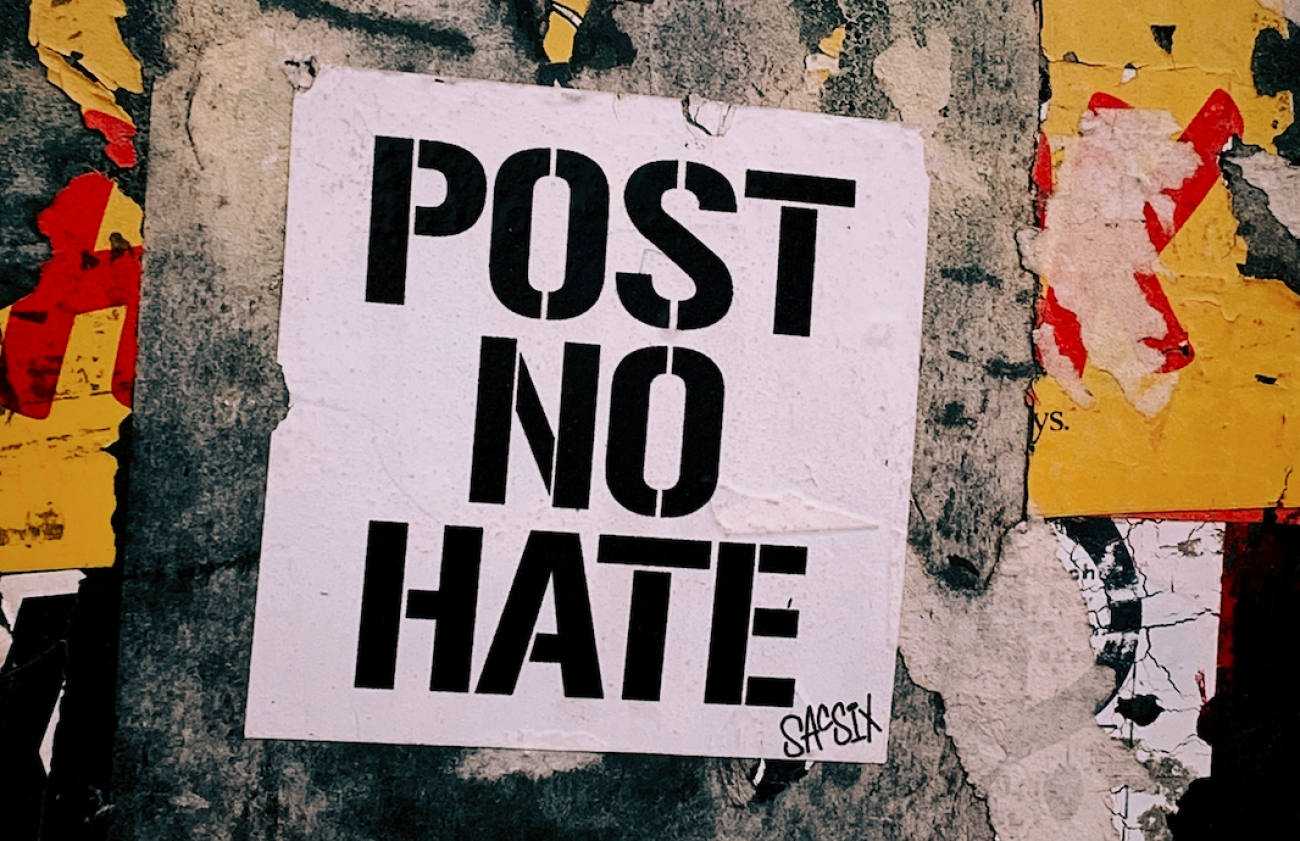Kenya: Helping National Partners to Counter Hate Head On

No one is born with hate. Hate is taught – and then hate spreads. And over recent years, social media and other digital platforms – amplified by algorithms and Artificial Intelligence (AI) – have enabled vitriolic messages with hatred and disinformation to “spread like wildfire”, as the Secretary-General has stated.
In many countries around the world – rich and less well off – hate speech and disinformation threaten social cohesion, sowing chaos and confusion, polarizing communities, igniting online –and sometimes offline— violence, and undermining faith in democracy itself. Kenya has been no exception.
Hate speech and disinformation are at their most destabilizing during electoral periods, when avalanches of hateful messaging and divergent, destabilizing narratives confuse voters to distinguish between fact and falsehood, and between ‘truth’ and conspiracy theories.
In Kenya, according to a Reuters Institute for the Study of Journalism survey, 75 per cent of respondents said that they found it hard to distinguish between what is real and what is fake when it comes to news on the internet. Recognizing the scale of this threat ahead of the 2022 Presidential elections, the Government of Kenya and our team at the Resident Coordinator’s office jumped into action. In June 2022, Kenya launched a “National Action Plan Against Hate Speech”, as part of its long-term “Roadmap for Peaceful Elections”, which was designed to curb and prevent disinformation and inflammation via social media and to inform peaceful counter-messaging. Having helped Kenya to develop this milestone plan, the United Nations was equally determined to help find innovative ways to support its implementation.
Finding the sources
The first step was ensuring that the competent Kenyan institutions gained the ability to track and monitor hate speech in real-time and understand the environment in which they proliferate. And given how complex and fast-moving social media is, this task couldn’t be done alone. It needed pulling together a multi-stakeholder partnership, with buy-in from different partners: Government, civil society, local influencers, and the media platforms themselves. Thanks to the convening capacities that come with the role of United Nations Resident Coordinator –and the invaluable work of our advisors on peace and development and human rights— we were able to do just that. We helped the National Cohesion and Integration Commission (NCIC) and the Media Council of Kenya to create an innovative, high-tech consortium with private sector partners to track and counter hate speech in real-time.
With support from the UN Peacebuilding Fund and the German Embassy in Kenya, our Kenya-wide “Mapema (early in Swahili) Consortium” partnered with artificial intelligence startups (Code for Africa), youth media platforms (Shujaaz) and online influencer organizations (Aifluence) to build a state of the art online early warning system. This system had the capacity to not only detect the sources and spreaders of misinformation, tracking in real time in English, Swahili and Sheng (the street language of Kenyan youth).
Combined with existing systems to monitor other traditional media channels we were able to help the competent Kenyan institutions paint a more vivid picture of the networks and influencers which were amplifying the disinformation.
Myth busting tactics
We then needed to help Kenya find effective ways to counter these messages and blunt their impact on the elections process.
By partnering with a coalition of media partners, big tech platforms and AI companies, including AInfluence, we launched a ‘kill chain’ - a myth-busting countercampaign. Thanks to the involvement of relevant social media influencers and the creation of a peace messaging hub to meet and counter misinformation in the spaces it was having the greatest effect, the strategy was a success.
Overall, as a result of this partnership our consortium included 35 public and private organizations at a national, regional and sub-governmental level. Our fake news pre-bunking and debunking initiatives, spreading messages of peace, helped Kenyan partners reach 27.8 million Kenyans in online and offline spaces over the six months leading up to the elections, including 12.4 million young people on Facebook, Twitter and Instagram. The campaign encouraged citizens to participate peacefully in the electoral process and respect the democratic outcomes. In the offline space, we helped Kenyan organisations distribute 1 million copies of printed graphic comic material, again including proactive peace messaging.
In addition, on Wikipedia we helped counter misinformation by posting thousands of corrections and data sets and flagged more than 200 cases of digital incitements a month to the national authorities, who in turn addressed them with the major social media platforms. During the 2022 election process overall, our consortium brought a total of 890 cases of incitement to hate speech and misinformation to the attention of the Kenyan authorities. And in doing so, took small but significant strides towards detoxifying the Kenya media environment.
The UN’s role in building bridges between the public, private and social media stakeholders was indispensable as Big Tech companies had previously failed to respond to requests from the national authorities and civil society to engage on this issue.
Keeping up the good fight
But we can’t stop here. Beyond the election, its incumbent on all international partners like the UN to help Kenya further deepen her remarkable democracy. And a big part of doing that is the ongoing fight to strengthen accountability mechanisms and bolster the Government’s long-term capacity to stop the spread and mitigate the pernicious impact of hate speech on Kenya’s public life.
This blog was written by the UN Resident Coordinator in Kenya Stephen Jackson, with editorial support by UNDCO. To learn more about the work of the the UN in Kenya visit Kenya.un.org. Read the Case Study on coordination results in Kenya here.













